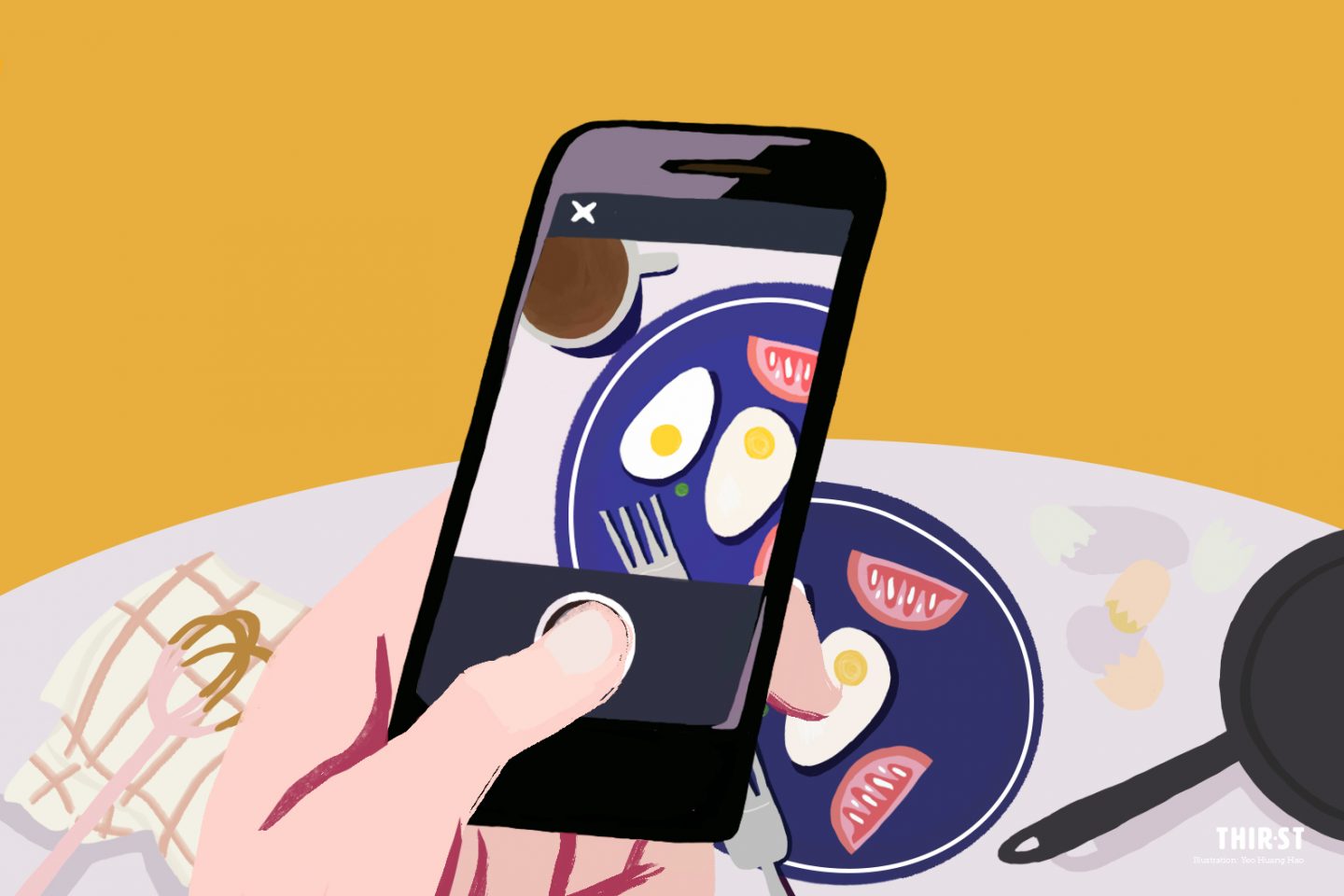Recently, it seems like more people are privatising their Instagram accounts.
I kinda get that. Most of us don’t want to be stalked by strangers – we only want to share our lives with those we know and are comfortable with.
Personally, I find it ironic to be privatising something so social. Isn’t Instagram meant to share one’s life?
After everything has been flatly laid out in the open, now we’re suddenly trying to control the number of people we share it with.
Some users have even created “finstagram” or “fake Instagram” accounts on Instagram.
These accounts are reserved for the more candid, #nofilter moments – the real moments – despite the ironic name. They’re more personal, not meant for the public eye, and the pictures which do not fit the look and feel of the main account get uploaded there.
Yes, we all desire to show the best sides of ourselves to the world, but I think it’s worth examining: What’s the heart behind our usage of Instagram?
For there are bound to be problems when we are given the power of building an image for ourselves – especially our own.
DO NOT MAKE FOR YOURSELF AN IMAGE
When we share snapshots of our lives on Instagram, we naturally pick from the highlights of our day and the photogenic moments. And this can make for quite a misleading picture. Because who is inclined to feature the struggles faced, the ugly disappointments that come our way?
So you’ve got a couple of double-taps. But who truly knows your heart?
In the world of social media, reality and truth come second place to “likeability” and good angles. We rarely see posts from the pit – tales from a tough time that may not make the person sharing look good but could encourage many who silently walk a similar path.
Instead, we often choose to tell the most attractive version of our journey – we curate a life worth worshipping.
But isn’t a half-truth, a lie? Nobody’s life is that pretty. Life is messy, uncontrollable and pain-full, but we live in a time where the best accounts portray lives that look the tidiest – the most put-together. Well-choreographed with great lighting, like an IKEA showroom.
We hide behind panels and pictures, a people in pain hoping to convince everyone and ourselves that everything looks better than it feels. And as human interaction is increasingly diluted into emojis and likes – we’re forgetting how to communicate what matters.
We hide behind panels and pictures, a people in pain hoping to convince everyone and ourselves that everything looks better than it feels.
So before you post that picture today, stop and ask yourself: How’s your online heart?
There’s a real difference to be made as Christians in the virtual world. But if we continue making it all about ourselves, no one will know what it is.
“You shall not make for yourself an image in the form of anything in heaven above or on the earth beneath or in the waters below.” (Deuteronomy 5:8)










